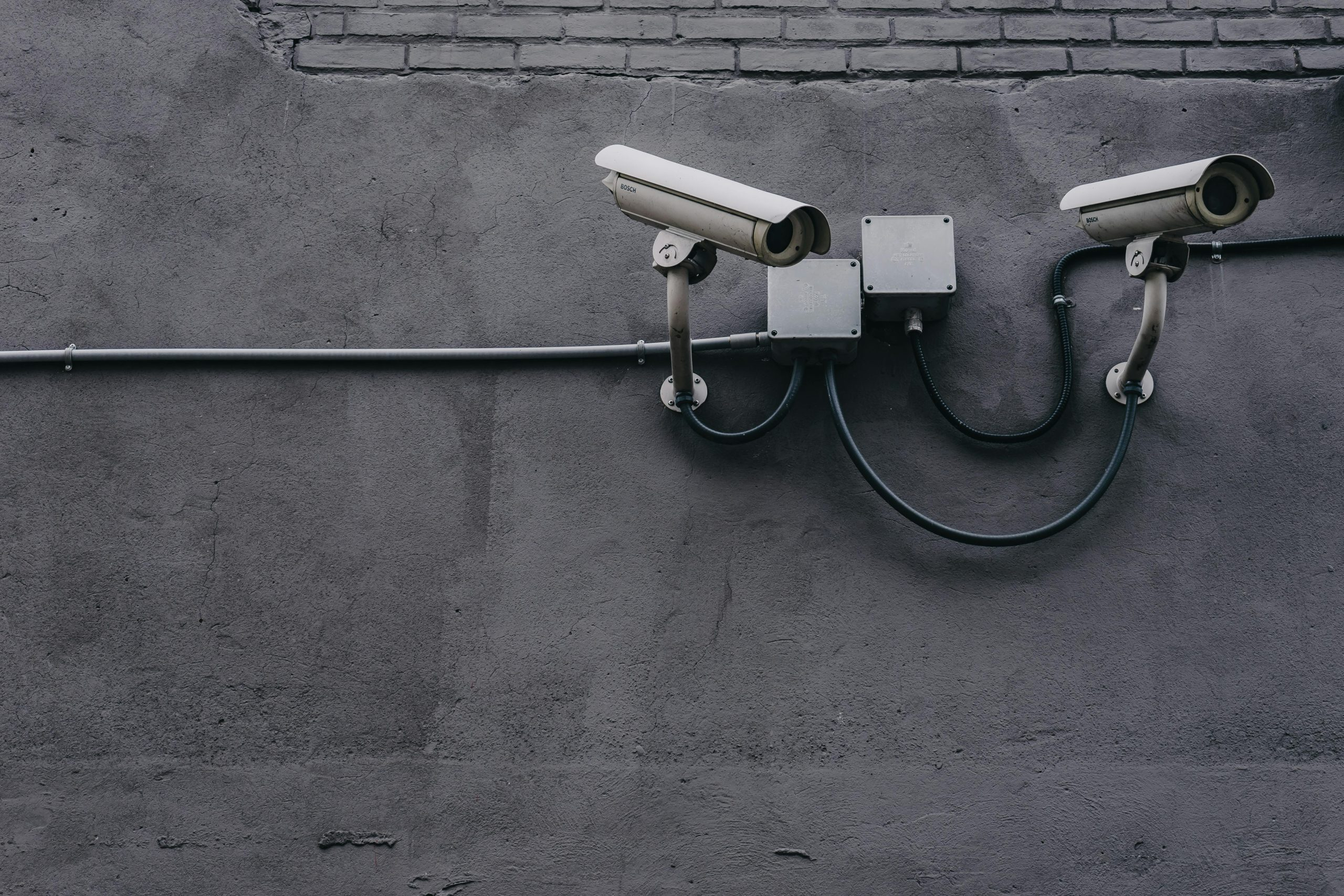Data Privacy in EdTech: What Educators Need to Know
As technology continues to advance, it has become an integral part of our daily lives, especially in the education sector. With the rise of online learning platforms and various EdTech tools, educators are now able to enhance their teaching methods and make learning more accessible and efficient for their students. However, along with the benefits of using technology in education, there is also a growing concern about data privacy. In this article, we will explore the topic of data privacy in EdTech and discuss what educators need to know to protect themselves and their students’ sensitive information.
The Importance of Data Privacy in EdTech
Data privacy refers to the protection of personal information from being accessed, shared, or used without the consent of the individual. With the increasing use of technology in education, students’ personal data, such as their names, addresses, academic records, and even behavior, are being collected and stored by various EdTech companies. This sensitive information can be vulnerable to cyber threats, data breaches, and misuse if not adequately protected. As educators, it is crucial to understand why data privacy is vital in the context of EdTech and how it can affect both yourself and your students.
The Risks of Data Breaches in EdTech
One of the biggest risks of not prioritizing data privacy in EdTech is the potential for data breaches. A data breach occurs when there is unauthorized access to sensitive information, and it can result in a significant loss of personal data. With EdTech platforms storing vast amounts of data, they become a prime target for cybercriminals, making them vulnerable to data breaches. In the event of a data breach, students’ personal information can be exposed to the public, potentially putting them at risk of identity theft, fraud, and other cybercrimes.
Implications for Student Privacy
Aside from the financial risks of data breaches, there are also serious implications for student privacy. According to the Family Educational Rights and Privacy Act (FERPA), educational institutions must protect students’ educational records from being disclosed without prior consent. However, with the use of EdTech tools, students’ personal data can be shared with third-party vendors, raising concerns about the confidentiality and security of their information. As an educator, it is your responsibility to ensure that the tools you use to enhance your teaching methods prioritize data privacy and adhere to FERPA guidelines.
The Role of Educators in Protecting Data Privacy
In the digital age, ensuring data privacy is a joint responsibility of both educators and EdTech companies. As an educator, there are several steps you can take to safeguard your students’ personal information. Firstly, make sure to research and carefully select the EdTech tools you use in your classroom. Consider the security measures they have in place, their privacy policies, and their terms of service. You should also teach your students about online privacy and the importance of protecting their personal data. By educating them about the risks and how to mitigate them, you can empower them to take control of their online privacy.
In Conclusion
Data privacy in EdTech is a complex and evolving issue, and it is essential for educators to stay informed and vigilant. A breach of personal information can have severe consequences, not only for students but also for educational institutions. Therefore, it is crucial to carefully assess EdTech tools and platforms for their privacy practices before incorporating them into your teaching methods. By taking the necessary steps to protect data privacy, educators can ensure a safe and secure learning environment for their students.
Remember, technology is a useful tool in education, but without proper measures in place, it can also pose a threat to data privacy. As the saying goes, prevention is better than cure. By prioritizing data privacy, educators can prevent potential data breaches and safeguard their students’ personal information. Let us all take responsibility for protecting our students’ data and create a safe online learning environment for all.








